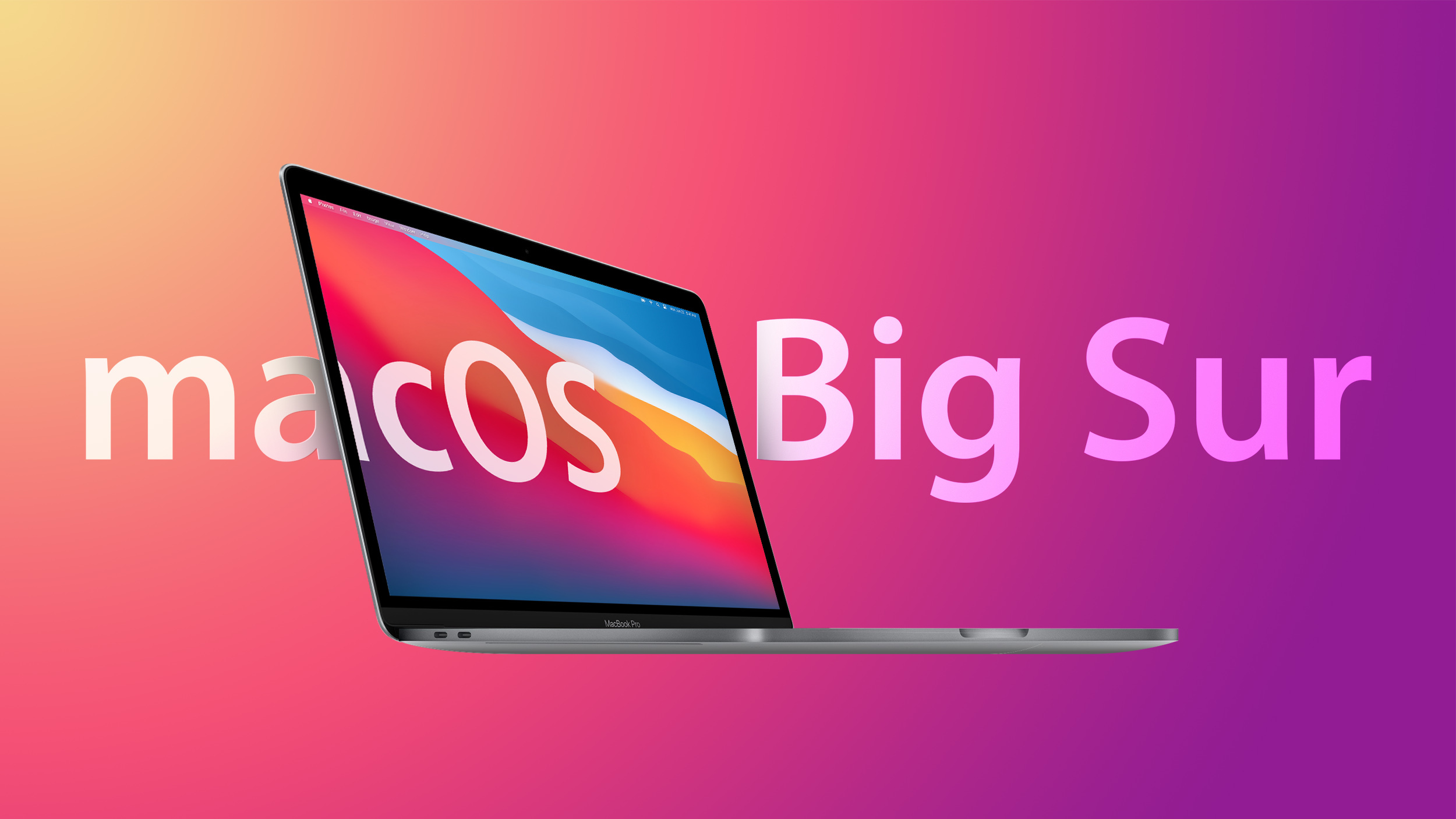
With the release of macOS Monterey 12.3.1 on Thursday, March 31, Apple addressed two critical vulnerabilities that may have been actively exploited in the wild, but as Intego pointed out this week, Apple left macOS Big Sur and macOS Catalina users vulnerable.

The macOS Monterey 12.3.1 update fixed a pair of security flaws, including an AppleAVD issue that could allow an application to execute arbitrary code with kernel privileges and an Intel Graphics Driver issue that could allow an application to read kernel memory. Apple said that it was aware of reports that these vulnerabilities "may have been actively exploited," aka there are attacks that use these specific security holes.
Apple often provides security updates for macOS Catalina and macOS Big Sur users alongside macOS Monterey updates to make sure that Mac users who continue to run older operating systems remain protected. Apple has not done so in this case, and there are no security fixes for macOS 11 Big Sur or macOS 10.15 Catalina.
macOS Big Sur and macOS Catalina are still being supported with updates for notable vulnerabilities, so it is not clear why security fixes have not been released. According to Intego, this is the first time that Apple has not released simultaneous security patches for Big Sur and Catalina alongside fixes provided for macOS Monterey.
Big Sur remains vulnerable to CVE-2022-22675 (the AppleAVD bug), while CVE-2022-22674 (an Intel Graphics Driver bug) likely impacts both Big Sur and Catalina, based on research conducted by Intego.
There are some Mac users who choose to remain on Big Sur or Catalina who could install Monterey to get security fixes, but other Mac users have older hardware that is not able to be updated to Monterey, and these users have no way to address the security flaws that are now publicized.
Intego estimates that around 35 percent of Macs in use today could be affected by one or both vulnerabilities, and Apple has not responded to the site's request for an update on when security fixes might come out for Big Sur and Catalina.
Article Link: Apple Fixed Two Actively Exploited Vulnerabilities in macOS 12.3.1 Monterey, But Hasn't Released Updates for Big Sur or Catalina
Last edited:



